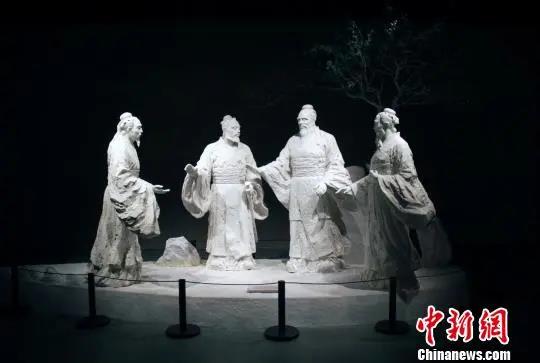
What does the confluence imply for mutual learning between Eastern and Western civilizations?
The confluence of Islam and Confucianism requires both mutual assimilation and learning, and criticism for improvement. Praise alone does not contribute to any academic development, for only when people see both the advantages and disadvantages of other cultures can they learn from each other. Therefore, in the works of scholars who advocate the confluence of Islam and Confucianism, criticism of some views of Confucianism, Buddhism and Taoism can be found. For example, according to Confucianism, having no heir is considered the most unfilial behavior. Wang Daiyu points out that filial piety is an ethical issue, and whether or not to have children is a physiological issue, so it is a logical mistake to equate a physiological issue with an ethical one. It should be noted that this criticism is very accurate. But why have the Confucian, Taoist and Buddhist scholars living in the Chinese social environment not found or pointed out this issue? It may be the result of stereotypical thinking, or not thinking about or analyzing conventional ideas.
Once there is an exchange and mutual appreciation of different cultures as well as other opinions or criticisms, it will, of course, have positive significance for the improvement of Confucianism. The confluence of Islam and Confucianism is also applicable to the mutual appreciation of Eastern and Western civilizations, which should learn from each other, but not to the exclusion of criticism. Only in this way can both sides find out the shortcomings, promote introspection and development, and ultimately achieve the purpose of mutual appreciation.
From a microscopic point of view, the mutual appreciation of Eastern and Western civilizations cannot be separated from the translation of works, especially classics. Most representative scholars of “the confluence of Islam and Confucianism” have learned the four, and three of them (Confucianism, Taoism, and Buddhism), which are essential to the traditional Chinese culture. In other words, the representatives all have a solid background in Chinese traditional culture before translating and interpreting the classics, thus obtaining outstanding achievements. Since the 1980s, many translators thought they only needed to be familiar with Western classics when doing translation, neglecting the essence of their own culture, taking for granted that they were naturally familiar with traditional Chinese culture. As a result, the poor translation made the works translated works unintelligible. The quality of a number of classics translated are far inferior to their originals due to the translators’ unfamiliarity with traditional Chinese culture. This experience and lessons from both sides have indicated that the works of mutual appreciation and systematic study of both eastern and western civilizations rather than only one civilization are important. As a Chinese, if you are not familiar with Eastern civilization, it is quite likely that you are unfamiliar with Western culture. In that case, how can we talk about mutual appreciation?
(Translated by ZHANG Zhiling, FAN Jiali, ZHANG Ziyun, YUAN Lishuo, WANG Yele)








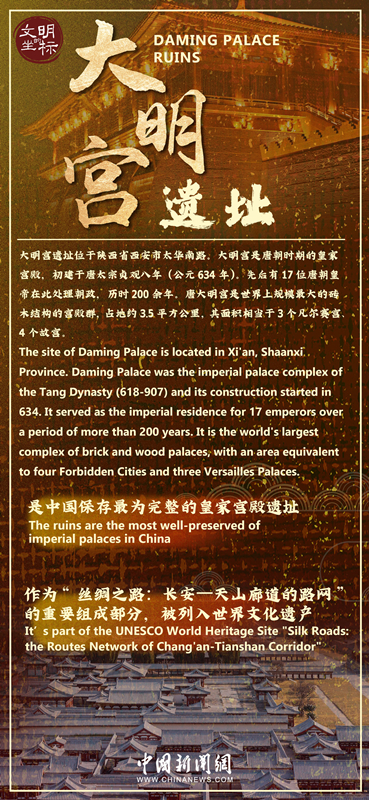


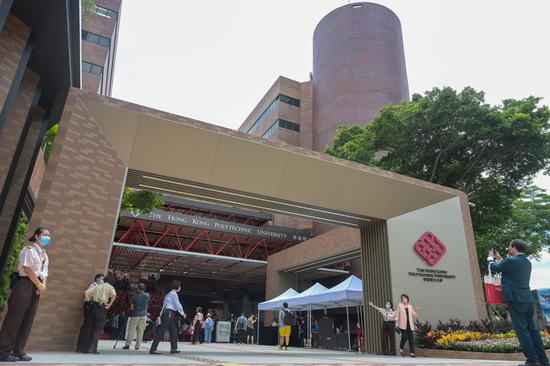
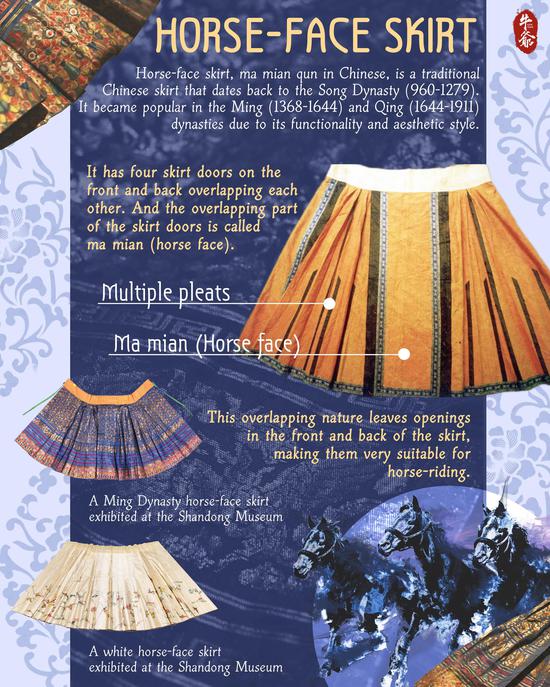

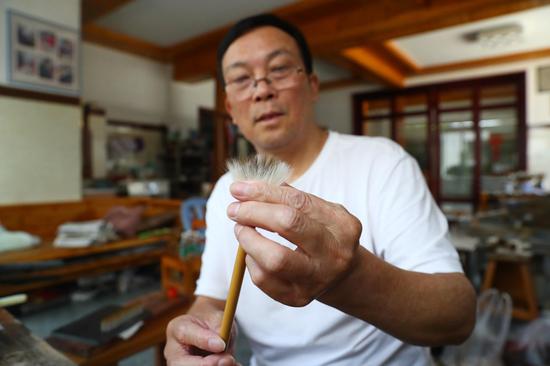
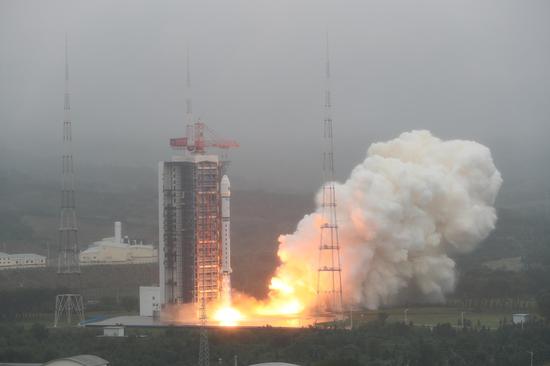
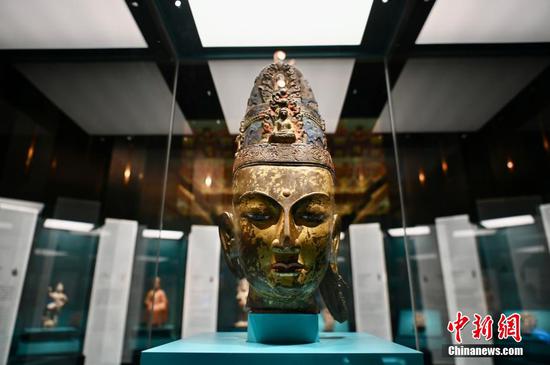







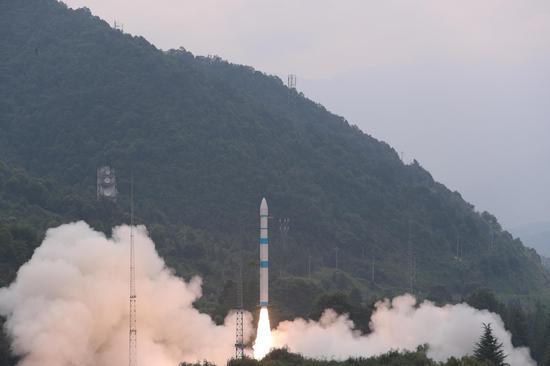




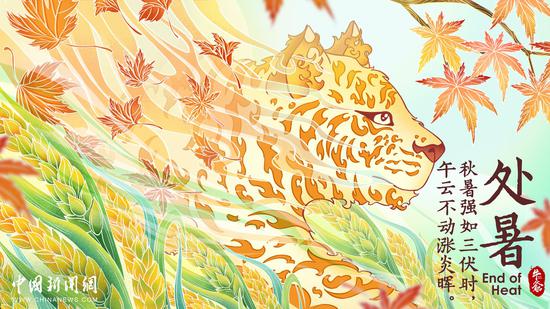



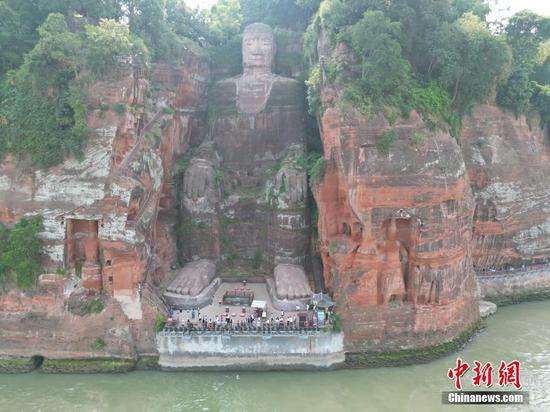



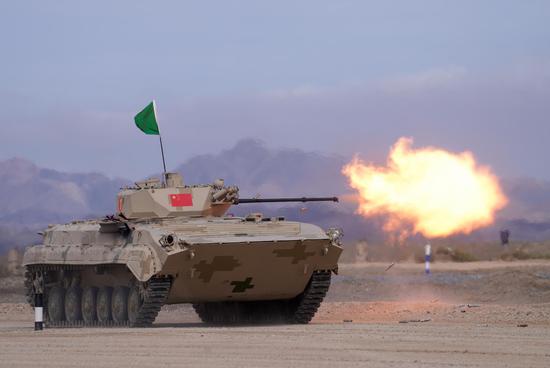

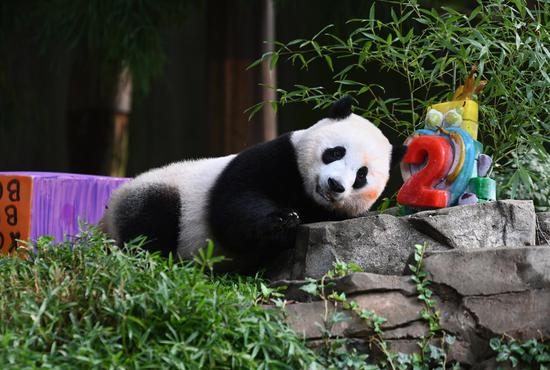
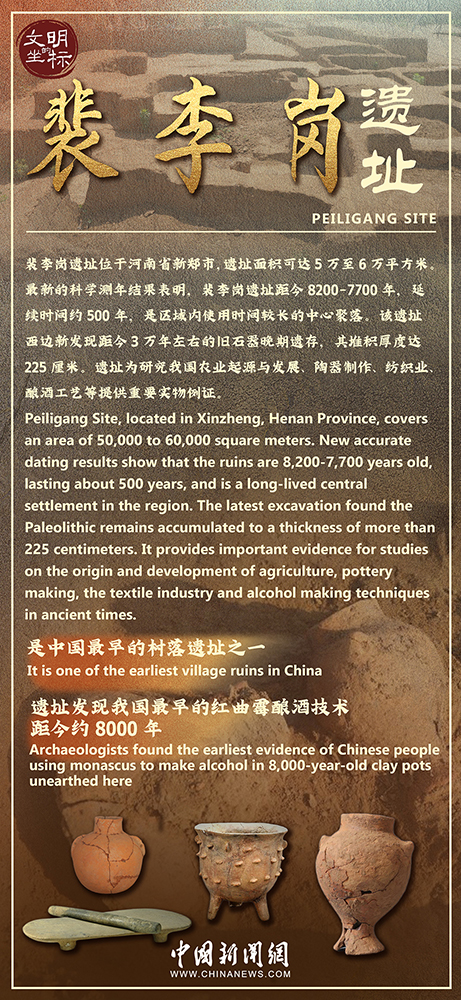









 京公网安备 11010202009201号
京公网安备 11010202009201号